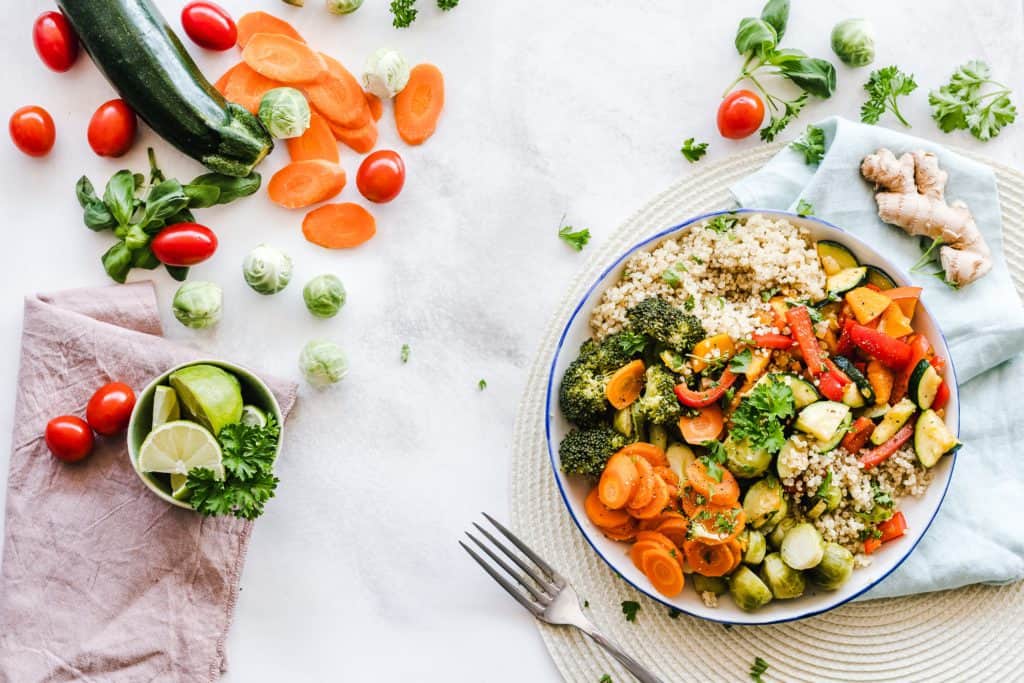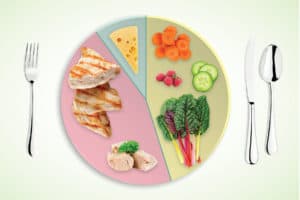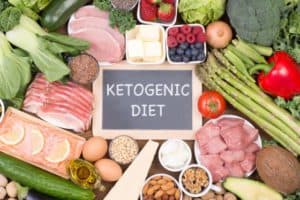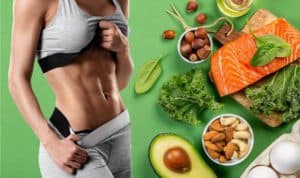If you remove a large number of foods from your diet, it is normal to question if you\’re getting sufficient nutrients — or if you\’re going to end up with a deficiency that could really interfere with your wellbeing. But you do not have to worry about it on a keto diet. It is full of vitamins. Let us discuss about the sources of vitamins on a keto diet.
The transition to a low carbohydrate keto diet can be difficult in the beginning. After all, you are dramatically restricting your carbohydrate consumption, which includes a vast range of foods,
all of which contain important nutrients for optimum functioning of the mind and body.
The good news: you can adhere to plenty of nutrient-dense, low-carb options. By keeping track of which micronutrients in the keto diet are typically missing, you can change your keto diet plan to fill the gaps accordingly.
Sources Of Vitamins in Keto
-
Vitamin A
For neurological function, immune function, gene regulation, strong bones, clear skin and more this fat-soluble vitamin is essential. There\’s enough keto foods with vitamin A that you won\’t have any trouble meeting the daily value (DV).
One ounce of beef liver will almost offer you the daily demand. If you don\’t care to taste it, then you can roughly chop it and add it to a different dish. You will also be set for the day by a cup of chopped kale, and the same amount of spinach will help you reach 56 percent DV.
Broccoli, butter, and eggs all mostly come with vitamin A. Although the quantity is smaller, they should add up easily enough. Carrots are known for their vitamin A content, but carbohydrates are fairly high.
Since the maximum daily value is available in just one-quarter of a cup of sliced carrots, a little bit of
carrot added to the soup or grinned on a salad will improve your vitamin A without adding too many
carbohydrates.
VITAMIN C
This vitamin which is water-soluble is important. It functions as an antioxidant and it also supports a
balanced immune system, connective tissue, and cardiovascular system. Finding keto-friendly foods that will meet the daily requirement in full is simple.
Only one cup of sprouts from kale, broccoli, or Brussels will meet one-third of your daily needs. There is about 77 percent DV in the same amount of cauliflower. Although sweet peppers are a medium-carb
food, vitamin C is very high (1 cup is 3x DV for red and 2x DV for green). A little amount will go a long
way.
FOLATE AND THE B VITAMINS
There are plenty of B vitamins and they have plenty of functions. You rely on them to turn food into
energy, to produce sex and stress hormones, to build and repair tissues, to grow the brain and so much more! Naturally, they are found in many of the same keto-friendly foods, and the liver tops the list.
The liver will give you large portions of many B vitamins and it doesn\’t matter from which animal it comes. Pork, beef, venison, salmon, tuna, chicken, and eggs all have healthy B vitamin serving. Vegetable sources include asparagus, broccoli, spinach, sunflower seeds, and green beans.
ANTHOCYANE
These nutrients are technically flavonoids (not vitamins) but are very essential for their antioxidant
property. They are pigments that are evident in red-orange to blue and purple foods. They excavate
harmful free radicals that otherwise would alter DNA, kill cells and make us age faster.
Anthocyanins are mostly available in fruit although there are a few primary sources of vegetables. These include violet asparagus, red cabbage, and eggplant. There are also quite a few fruits, both rich in anthocyanins and low in carbs. Tiny dark berries are usually fairly low in sugar and starch, and can be enjoyed in limited quantities. These can include strawberries, blueberries, mulberries, etc. In general, the more tart berries have fewer carbs.
Takeaway
Keto diet is an excellent source of vitamins. The ketogenic diet will provide you with all the micronutrients that your body requires if you follow it properly.
The first two to three weeks on the ketogenic diet often helps when monitoring the consumption of
micronutrients to help avoid chronic keto flu symptoms. Only because you limit carbohydrates doesn\’t mean that other vitamins and minerals would be missing. SO make sure to incorporate these rich sources of vitamins in your keto diet !!









